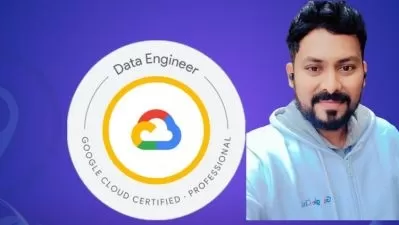SonarCloud: A SonarQube SaaS with AWS, Azure, GCP & More
Raghu The Security Expert !!
3:25:21
Description
Learn to integrate SonarCloud with multiple Cloud/Devops platforms with additional learning on SonarQube & SonarLint
What You'll Learn?
- Learn SonarCloud Integration with Azure DevOps
- Learn SonarCloud Integration with AWS
- Learn SonarCloud Integration with GCP
- Learn SonarCloud Integration with GitLab
- Learn SonarLint execution in Intellij
- Learn SonarQube using a Docker image
- Learn to populate code coverage on SonarCloud Dashboard
- Learn to implement Quality gates using SonarCloud
Who is this for?
What You Need to Know?
More details
DescriptionWho shall take this course?
This "SonarCloud with AWS, Azure, GCP &Â More" course is designed for Developers, DevOps Engineers, Security Engineers, DevOps Engineers, SRE, QA Professionals interested to learn about maintaining code quality standards using automated tools. This is a focused SonarCloud course with a special focus on integrating it with different Cloud and DevOps platforms in Build pipeline.
Learn and implement security in DevOps pipeline, get Hands On experience in using Security tools & technologies.
This course is for:
Developers
DevOps
DevSecOps
Security Engineers
Aspiring professional in the Security domain
Quality Assurance Engineers
InfoSec/AppSec Professional
Why purchase this course?
Learning SonarCloud integration with cloud platforms offers several benefits:
Code Quality and Security: SonarCloud is a powerful code analysis and security platform that helps developers identify bugs, vulnerabilities, and maintain code quality. By integrating it with cloud platforms, you can continuously monitor and analyze your codebase, ensuring that any issues are detected early in the development lifecycle. This helps in producing robust, secure, and high-quality software.
Continuous Integration and Deployment: Cloud platforms, such as AWS, Azure, and Google Cloud, offer robust CI/CD (Continuous Integration/Continuous Deployment) capabilities. By integrating SonarCloud into your CI/CD pipeline, you can automate code analysis and quality checks as part of the deployment process. This ensures that only well-tested and quality code gets deployed, reducing the risk of introducing bugs or vulnerabilities into the production environment.
Scalability and Flexibility: Cloud platforms provide scalable infrastructure and resources, enabling you to handle varying workloads and scale your applications as needed. Integrating SonarCloud with cloud platforms allows you to seamlessly analyze code across different projects and repositories, regardless of their size or complexity. This scalability and flexibility help maintain code quality and security as your projects grow.
Collaboration and Visibility: Cloud platforms offer collaboration features, such as shared repositories, pull requests, and issue tracking, which facilitate teamwork and code review processes. By integrating SonarCloud, you can add code quality and security checks to these collaboration workflows. This ensures that every code contribution goes through proper analysis and review, enhancing collaboration, and maintaining a high standard of code quality across your team or organization.
Industry Standards and Compliance: Many industries have specific standards and compliance requirements for software development. SonarCloud provides rule sets and checks for various coding standards, best practices, and industry-specific guidelines. By integrating SonarCloud with cloud platforms, you can enforce these standards and automatically check your code for compliance. This helps ensure that your applications adhere to regulatory requirements and industry guidelines.
Overall, learning SonarCloud integration with cloud platforms empowers developers and teams to build better software by continuously monitoring code quality, improving security, automating analysis in CI/CD pipelines, facilitating collaboration, and ensuring compliance with industry standards.
Prerequisites or Things you should know before taking this course:
1) Account creation in cloud
2)Â Installation of Basic development tools such as Git, Visual Studio Code
3)Â Cloud basic functions such as repository creation, code push in cloud
Disclaimer:
1) This is an Intermediate to Advanced level course
2)Â English subtitles are auto-generated so please ignore any grammar mistakes
Who this course is for:
- Developers
- DevOps Engineers
- Security Engineers
- QA Engineers
Who shall take this course?
This "SonarCloud with AWS, Azure, GCP &Â More" course is designed for Developers, DevOps Engineers, Security Engineers, DevOps Engineers, SRE, QA Professionals interested to learn about maintaining code quality standards using automated tools. This is a focused SonarCloud course with a special focus on integrating it with different Cloud and DevOps platforms in Build pipeline.
Learn and implement security in DevOps pipeline, get Hands On experience in using Security tools & technologies.
This course is for:
Developers
DevOps
DevSecOps
Security Engineers
Aspiring professional in the Security domain
Quality Assurance Engineers
InfoSec/AppSec Professional
Why purchase this course?
Learning SonarCloud integration with cloud platforms offers several benefits:
Code Quality and Security: SonarCloud is a powerful code analysis and security platform that helps developers identify bugs, vulnerabilities, and maintain code quality. By integrating it with cloud platforms, you can continuously monitor and analyze your codebase, ensuring that any issues are detected early in the development lifecycle. This helps in producing robust, secure, and high-quality software.
Continuous Integration and Deployment: Cloud platforms, such as AWS, Azure, and Google Cloud, offer robust CI/CD (Continuous Integration/Continuous Deployment) capabilities. By integrating SonarCloud into your CI/CD pipeline, you can automate code analysis and quality checks as part of the deployment process. This ensures that only well-tested and quality code gets deployed, reducing the risk of introducing bugs or vulnerabilities into the production environment.
Scalability and Flexibility: Cloud platforms provide scalable infrastructure and resources, enabling you to handle varying workloads and scale your applications as needed. Integrating SonarCloud with cloud platforms allows you to seamlessly analyze code across different projects and repositories, regardless of their size or complexity. This scalability and flexibility help maintain code quality and security as your projects grow.
Collaboration and Visibility: Cloud platforms offer collaboration features, such as shared repositories, pull requests, and issue tracking, which facilitate teamwork and code review processes. By integrating SonarCloud, you can add code quality and security checks to these collaboration workflows. This ensures that every code contribution goes through proper analysis and review, enhancing collaboration, and maintaining a high standard of code quality across your team or organization.
Industry Standards and Compliance: Many industries have specific standards and compliance requirements for software development. SonarCloud provides rule sets and checks for various coding standards, best practices, and industry-specific guidelines. By integrating SonarCloud with cloud platforms, you can enforce these standards and automatically check your code for compliance. This helps ensure that your applications adhere to regulatory requirements and industry guidelines.
Overall, learning SonarCloud integration with cloud platforms empowers developers and teams to build better software by continuously monitoring code quality, improving security, automating analysis in CI/CD pipelines, facilitating collaboration, and ensuring compliance with industry standards.
Prerequisites or Things you should know before taking this course:
1) Account creation in cloud
2)Â Installation of Basic development tools such as Git, Visual Studio Code
3)Â Cloud basic functions such as repository creation, code push in cloud
Disclaimer:
1) This is an Intermediate to Advanced level course
2)Â English subtitles are auto-generated so please ignore any grammar mistakes
Who this course is for:
- Developers
- DevOps Engineers
- Security Engineers
- QA Engineers
User Reviews
Rating
Raghu The Security Expert !!
Instructor's Courses
Udemy
View courses Udemy- language english
- Training sessions 29
- duration 3:25:21
- Release Date 2023/08/16






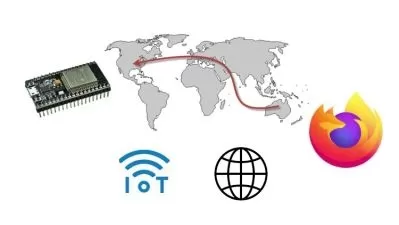

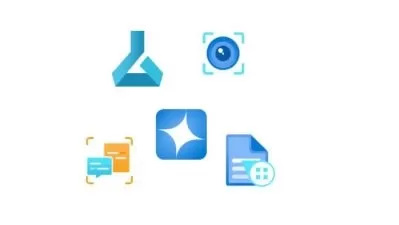

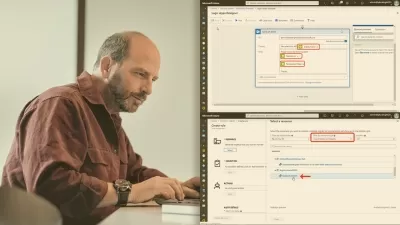
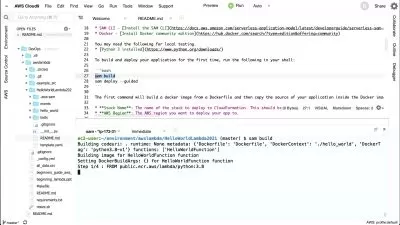
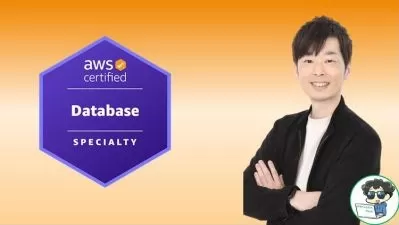
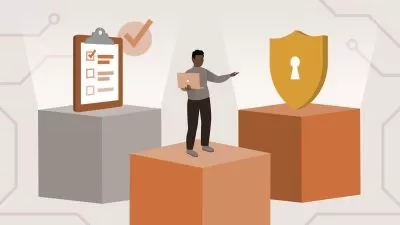



![Azure Functions: How to Easily Build Apps in Cloud [2023]](https://traininghub.ir/image/course_pic/13289-x225.webp)

